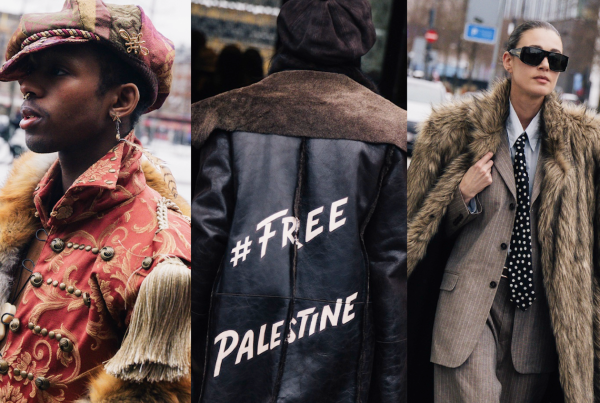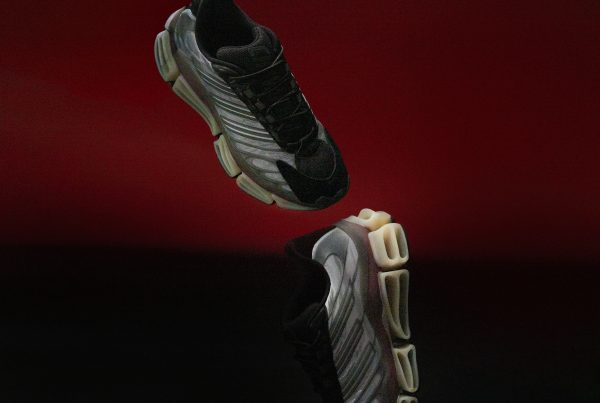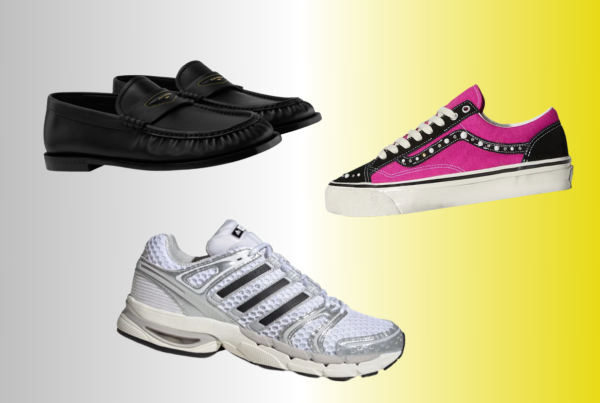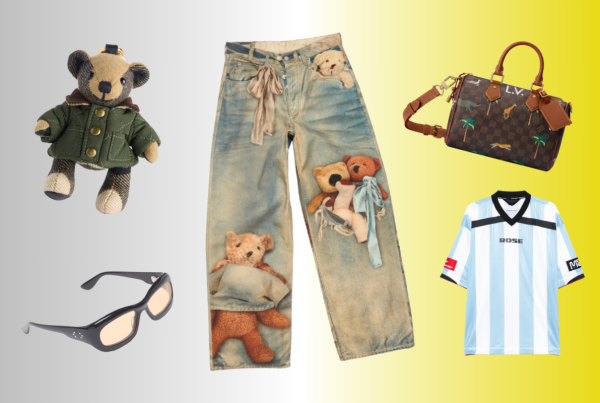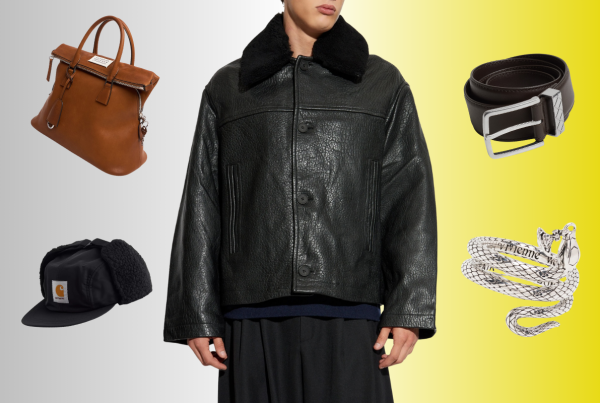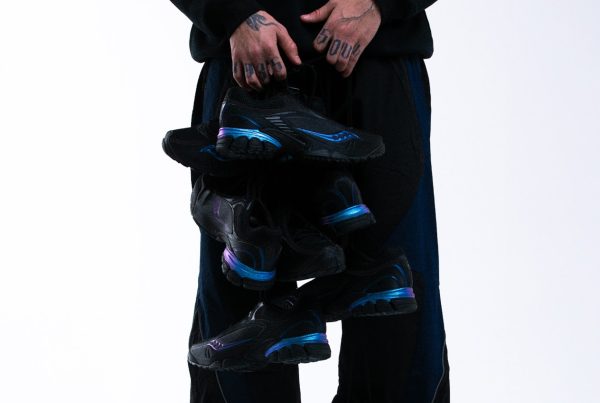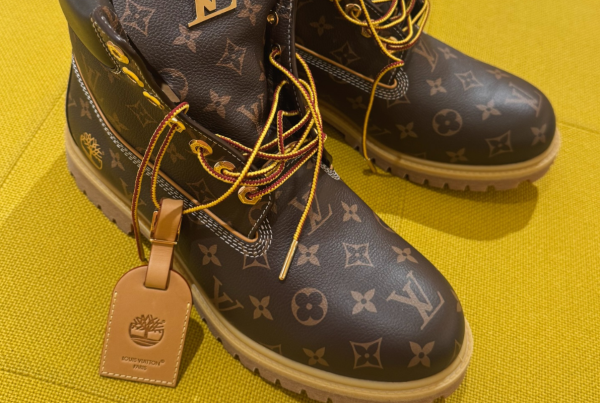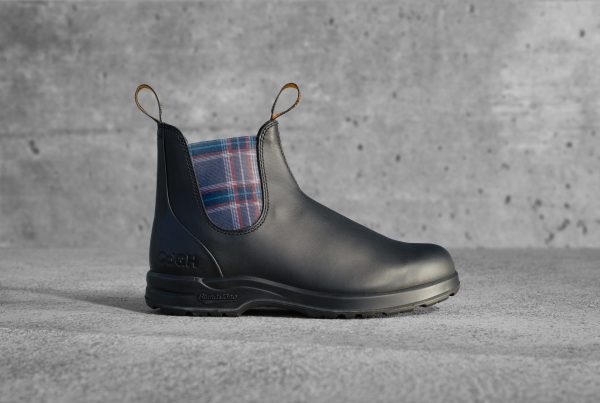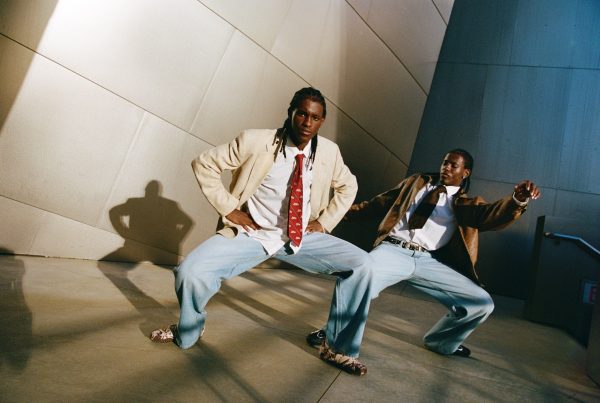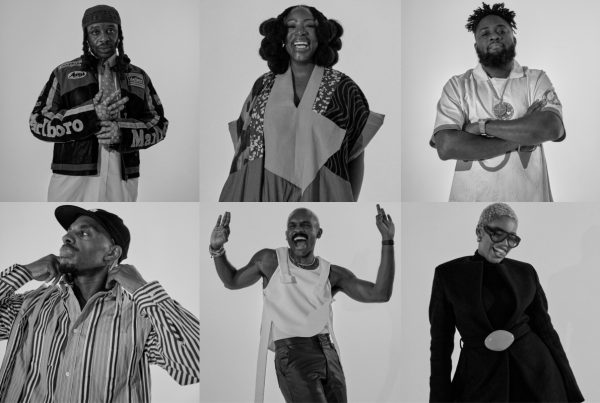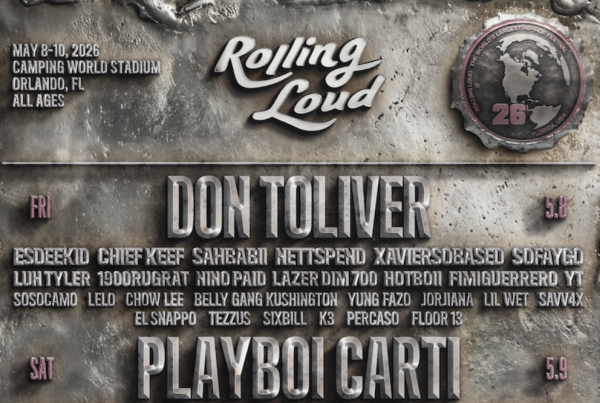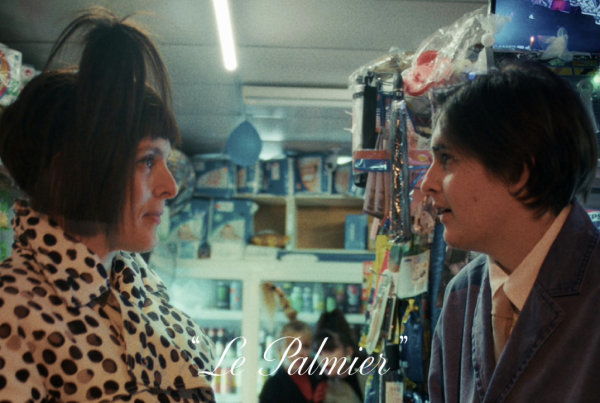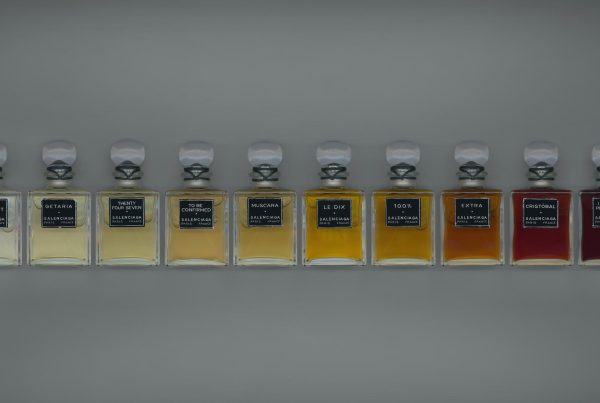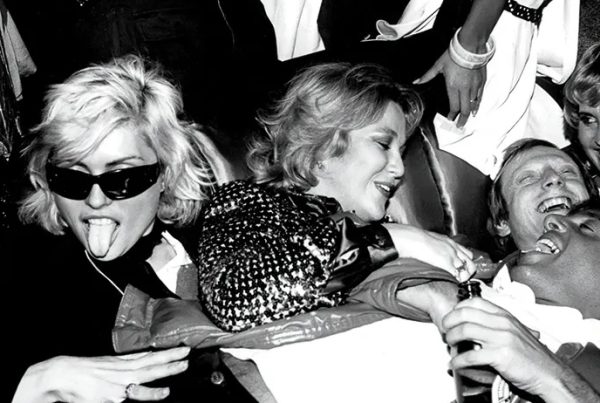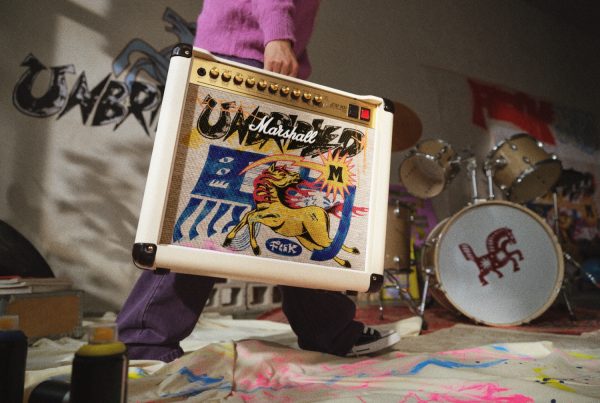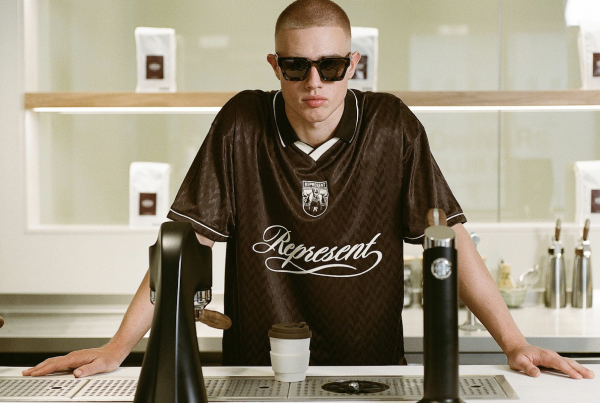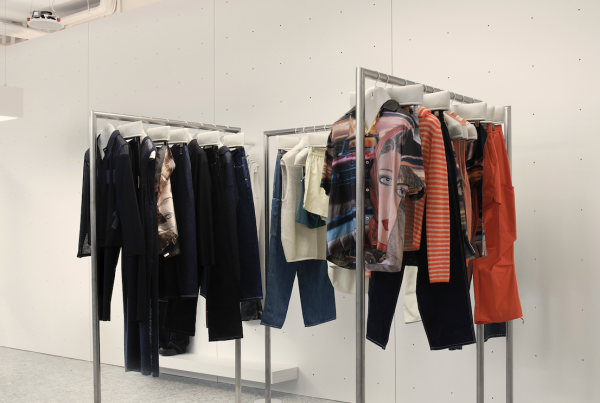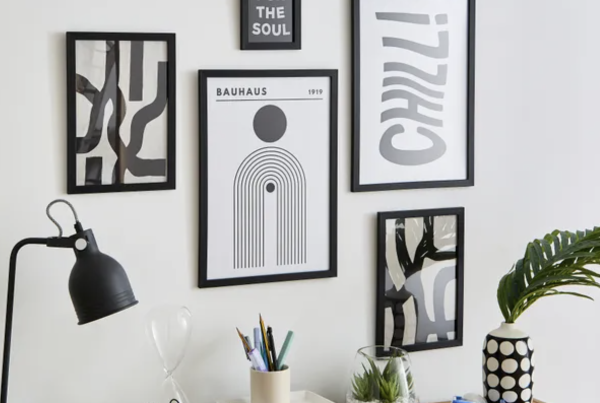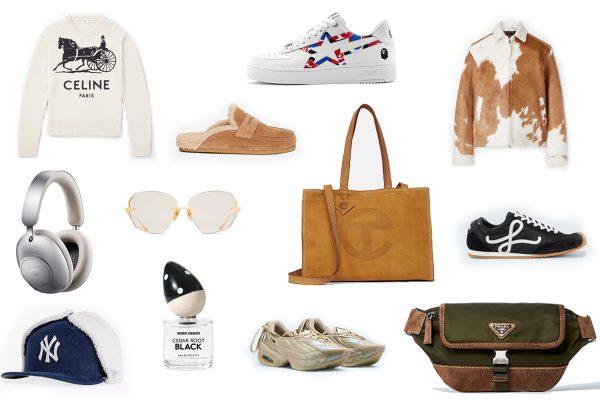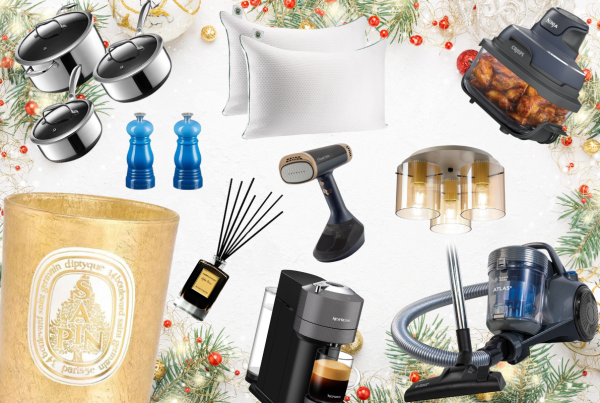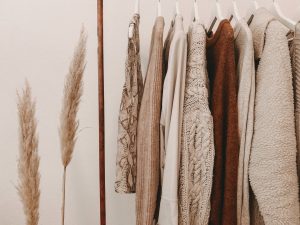
In the ever-evolving landscape of the fashion industry, safeguarding the reputation and uniqueness of your brand is of utmost importance. Counterfeiting can pose a significant threat, underscoring the need for robust protective strategies.
In this article, we delve into the world of brand protection and offer valuable insights into combatting counterfeits. Additionally, we’ll highlight the crucial role that solicitors in Reading, Rickmansworth or Ruislip can play in protecting your brand against such illicit practices. Keep reading to find out more….
What is a Counterfeit?
A counterfeit product is essentially an unauthorised imitation of a legitimate product, produced illegally by an individual or company. While counterfeit items can be found in various industries, they are particularly widespread in the fashion sector, causing a staggering loss of $50 billion annually due to the sale of fake goods. For fashion brands, identifying the sources of counterfeit production and pursuing legal action against them can be immensely challenging. Therefore, preventing counterfeiting is crucial for a brand’s survival.
The impact of selling counterfeit goods can be detrimental to a fashion brand in a couple of significant ways:
- Revenue Loss: Each counterfeit item sold means a missed opportunity for your brand to make a sale, potentially leading to substantial financial setbacks if these imitations remain undetected.
- Reputation Damage: When customers unknowingly purchase counterfeit fashion items, believing them to be genuine, they often encounter disappointing quality. In today’s age of social media, such negative experiences can spread rapidly, tarnishing your brand’s reputation as dissatisfied customers share their sentiments with a wide audience.
How to Protect your Fashion Brand Against Counterfeits
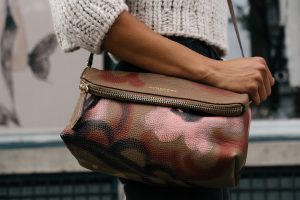
Although achieving complete prevention of counterfeiting might be challenging, there are several steps you can take to minimise the risks. In this section, we’ll explore some of these measures that can help mitigate the threat of counterfeiting.
Trademark Registration
One of your initial and vital steps is to secure a registered trademark for your brand. This trademark should cover your brand’s name and any distinct branding elements like logos. You can also trademark specific features of your products, such as a unique design. A notable instance is Christian Louboutin’s iconic red sole footwear, which is trademarked to prevent other brands from producing footwear with red soles. Trademarking your brand is exceptionally crucial, as it simplifies legal proceedings if you need to take action against counterfeiters.
Authentication
In numerous instances, particularly when shopping online, customers may unknowingly purchase counterfeit products – a choice they wouldn’t intentionally make. To safeguard your brand and your customers, consider implementing a means of authentication, such as a QR code, on your product tag. This step can deter counterfeiters. Additionally, communicate this authentication process on your website, ensuring customers are aware that their item is genuine only if it bears this authentication feature.
Monitor and Detect
The best way to limit the damage caused by counterfeiters is to find them and stop them as quickly as possible. As a brand owner, this means constant monitoring of online and offline marketplaces to nip any problems in the bud. Thankfully, there are now a number of software options available which will help you to stay on top of the counterfeiters. It’s also a good idea to enlist your social media followers in your quest by asking them to report any fakes or counterfeit items that they have come across.
Supply Chains

A fashion brand supply chain is often made up of a number of companies and individuals which means that there are, potentially, many weak links which could lead to counterfeiting. When choosing suppliers for your fashion brand, it’s important to make sure that you do your research and only do business with companies or individuals who have an established reputation within the industry.
Consult a Lawyer

Having a specialised firm on retainer is a wise approach. This ensures that if the need arises, you can swiftly access legal advice, enhancing your ability to mitigate potential financial and reputational damages that may arise from being targeted by counterfeiters.
Protecting your Brand
When somebody counterfeits your brand or product, they are stealing from you in just the same way as if they were stealing from a store. As a business owner, you would protect your store with security cameras in order to identify thieves, and the same goes for counterfeiting. Acquiring software which will help you to identify and monitor the sale of counterfeit goods allows you to spot potential offenders as early as possible and then bring them to justice as a warning to others who may attempt the same thing.
Please be advised that this article is for general informational purposes only, and should not be used as a substitute for advice from a trained legal professional. Be sure to consult a lawyer/solicitor if you’re seeking advice on the law. We are not liable for risks or issues associated with using or acting upon the information on this site.






